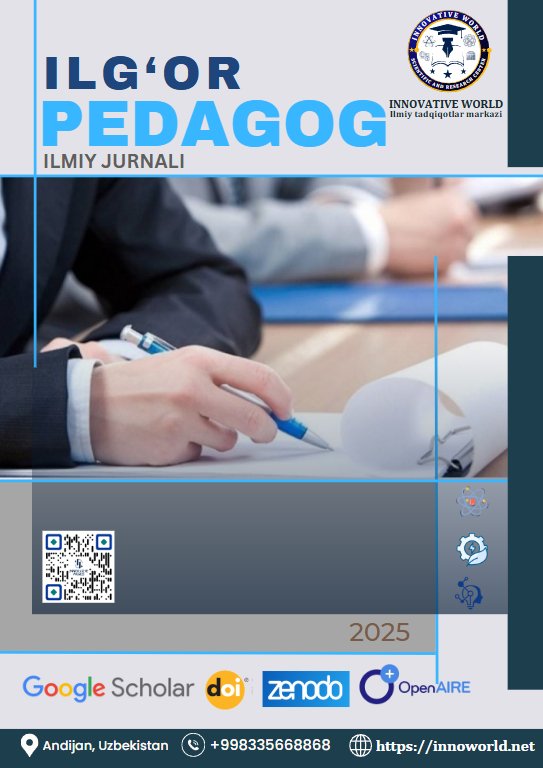Pronunciation Challenges Faced by Uzbek Learners of English
Keywords:
pronunciation, phonetics, Uzbek learners, English, phonological interference, language learnersAbstract
This study investigates the particular pronunciation difficulties encountered by Uzbek learners in acquiring English. It focuses on important phonetic difficulties such as mispronounced consonants and vowels, improper stress placement, and intonation problems. A mixed-methods strategy was used to identify mistake associated with Uzbek phonology. The research included surveys and a pronunciation assessment among 30 second-year university students, the research highlights recurring error patterns linked to the influence of Uzbek phonology. Results indicate that learners commonly struggle with English sounds like /θ/, /ð/, and /v/, as well as distinguishing vowel lengths. The study concludes that customized phonetic training, increased exposure to native English pronunciation, and focused listening exercises can significantly improve learners’ pronunciation abilities.
References
1. Babajanova, Z., & Babadjanova, N. (2023). Challenges in English Pronunciation for Uzbek Learners. International Journal of Language and Linguistics, 11(2), 34–40. https://share.google/333kOFW0bGPOoiQzu
2. Fraser, H. (2000). Pronunciation – What’s the Problem?. National Centre for English Language Teaching and Research, Macquarie University. https://share.google/OVjvAwD5BbzEeKZek
3. In Carter, R. & Nunan, D. (Eds.), The Cambridge Guide to Teaching English to Speakers of other Languages (pp. 56-65).Cambridge, United Kingdom: Cambridge University Press.
4. https://share.google/Tk5i2HufFUtc9bRme
5. Jenkins, J. (2000). The Phonology of English as an International Language. Oxford University Press.
6. https://share.google/GVTWTbSEgLxXL0E37
7. Seidlhofer, B. (2001). Pronunciation. Oxford University Press.
8. https://share.google/Ta4XP6mQz3of3HsCV
9. Fieldwork Data (2024). Student Interview Results from Uzbekistan State World Languages University.


